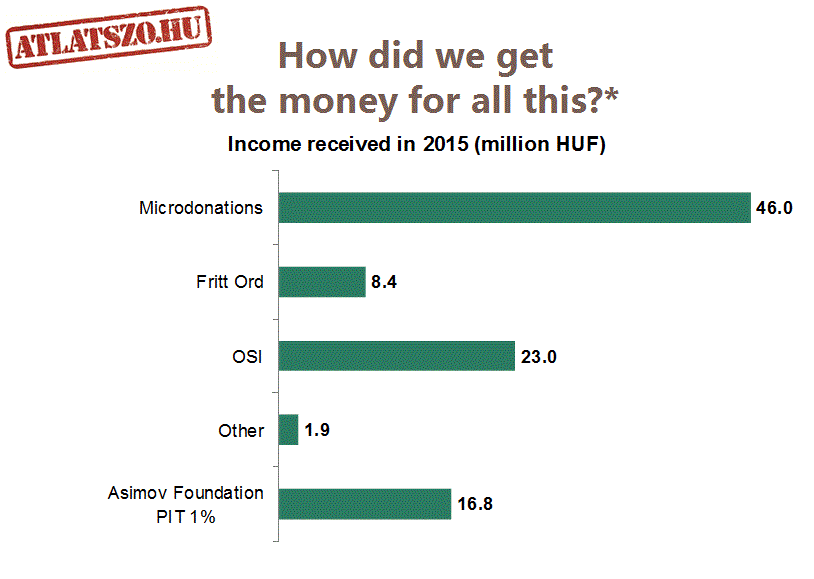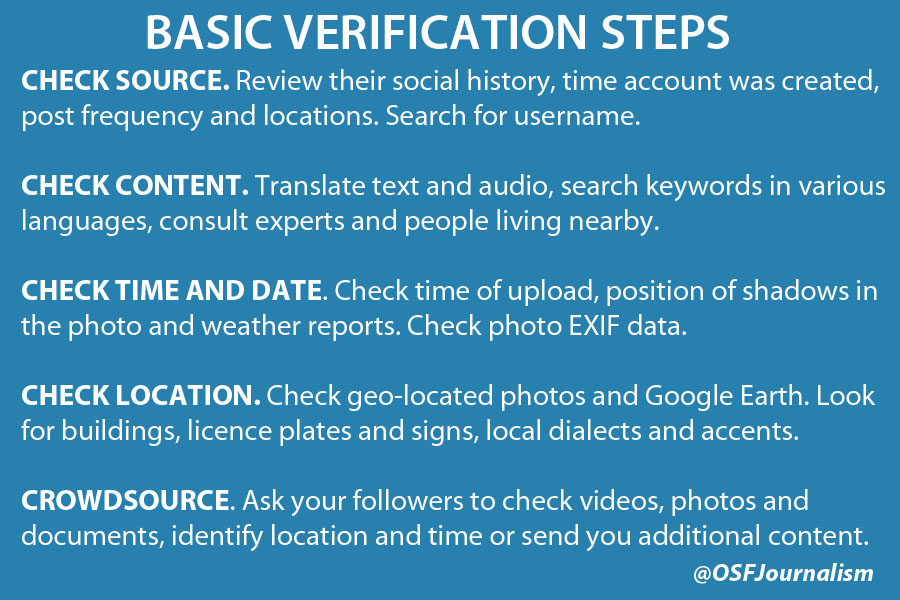//María Teresa Ronderos /June 16 / 2016
Why crowd-funding can keep journalism true to its promise
One of the earliest experiments of crowd-funding was the Korean citizen journalism site Oh My News, created in 2000. They asked people to “tip” authors of stories they liked the best and in this way they paid their most popular contributors. Sixteen years after, Google announced Spanish eldiario.es as one of the 128 winning projects of its Digital News Initiative Innovation Fund to which the company is giving 27 million dollars “to spark new thinking and give European news organisations all sizes of space to try some new things”. According to Google, building on a successful traditional crowd-funding model, this digital news outlet will identify niche groups of audiences and invite them to fund a specific story or to top up the funding gap for an area of coverage. Publish.org, a project in the making, is developing a new version of the original experiment they tried with The Guardian’s Contributoria, to get readers pay a membership fee that will enable them to vote for the best stories, write their own and edit others’.
What these pioneers understand well is that this is not just about getting the money; it is about creating a faithful community of readers. In a way, they are searching for the lost group of loyal subscribers of the traditional newspapers who would call the newsroom in times of crisis as if journalists were family. The new fragmented audiences of digital outlets no longer gather around news-producers but around social networks, and no longer see why quality journalism has to be paid, nor how these payments help their guarantee the media true independence.
Crowd-funding helps journalism-producing outlets build a reliable community around a way of being.
Hungarians fund Atlatzo; Salvadoreans, El Faro; or inhabitants of Hong Kong, Factwire because they think good information is indispensable to survive as citizens. They know that if they support quality, well-verified stories, they will know what is really going on, and they will not be deceived with slanted or special-interest driven information.

There are however, cultural nuances in crowd-funding. In many places in the world it is still seen as a request for charity; as if the journalists were requesting a personal favor. And people may give them small change, like giving donations in church. Fortunately, this culture is changing. More citizens seem to understand that crowd-funding for journalism is a profoundly egalitarian exercise. They are growingly conscious that, as with food, they cannot only consume “junk” information.
If citizens only access information from contaminated sources, they will be unable to hold government or corporations accountable; unable to know when their interests are being harmed.
Crowd-funding is also a democratizing force because it gives power to its audiences. If they pay for the stories, they will follow them up and demand quality. Sure, the old business model that supported journalism was working, but in many parts of the world, it had been perverted by the excessive power it gave advertisers (including state advertising) over editorial content. It also left too much room for journalists to cosy-up to power. Now if citizens voluntarily fund a journalistic project, they expect something more than lazy journalism and they can speak more strongly to the journalists they fund.

Finally, crowd-funding can be a shield for journalism under attack. These same crowds that gave a journalism site money because they are convinced they need “organic journalism” made of healthy sources and verified ingredients to have a better life, could be the ones that go out of their way to defend it when under attack. For example, when there have been attempts to censor or intimidate Malaysiakini, a renowned independent media in Kuala Lumpur, its audience, who gave them half a million dollars for their new building, marched in the streets to protest. Also, as you will see in the examples below, crowds have helped pay for the defense of trusted journalists when these suffer legal abuse because they feel they stories they are telling are important and worth defending.
This story originally appeared in the May 2016 newsletter of the Open Society Foundation’s Program on Independent Journalism and is reprinted with permission.
You can subscribe to the newsletter here.
Article by María Teresa Ronderos

Leave your comment